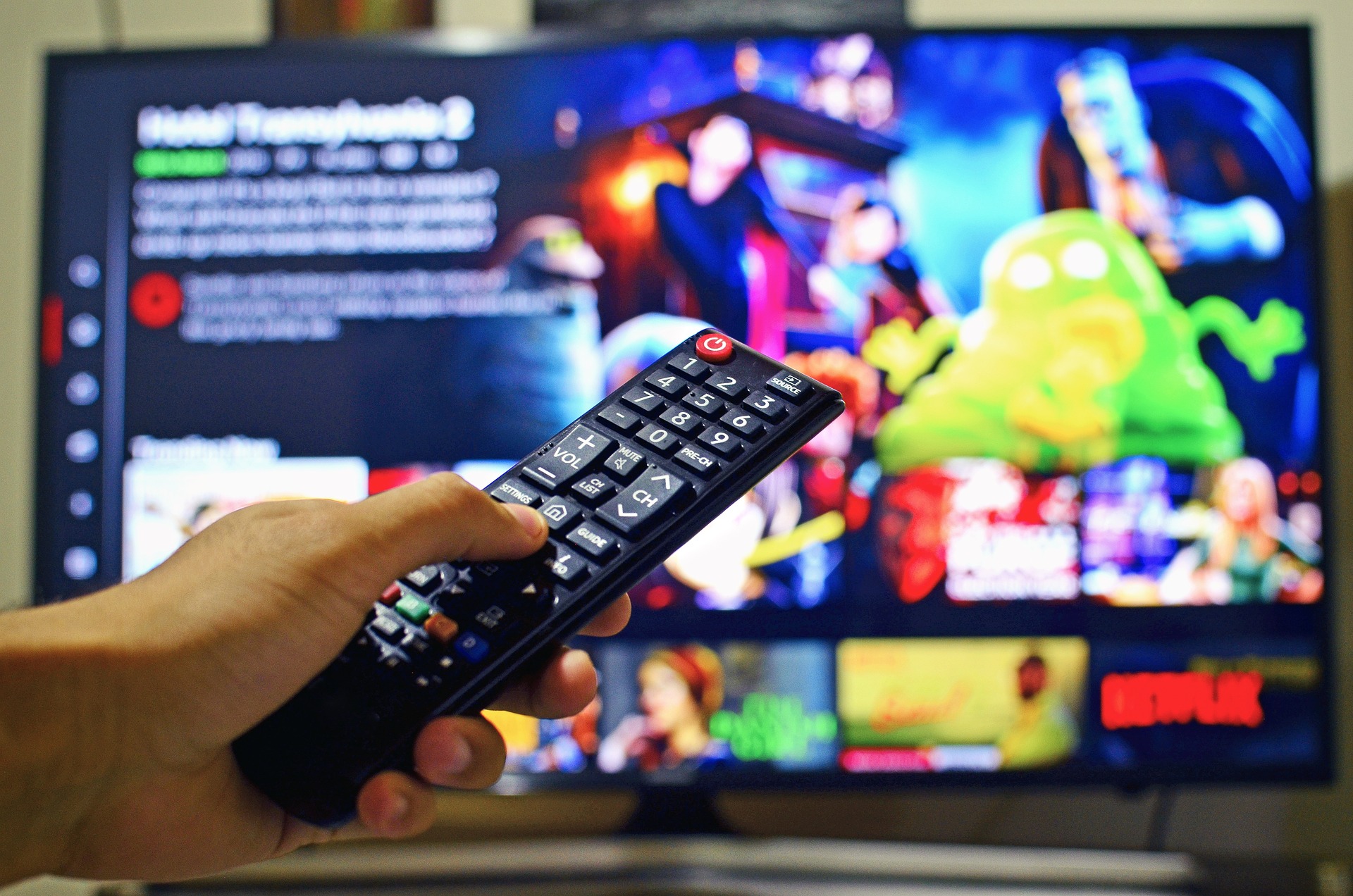The Ultimate Guide to Smart TVs: Features, Connectivity, and Privacy
Smart TVs have revolutionized the way we consume entertainment, offering a blend of traditional television and internet-connected features. These advanced devices bring streaming services, apps, and web browsing directly to your living room, creating an all-in-one entertainment hub. In this comprehensive guide, we'll explore the key aspects of Smart TVs, from their connectivity methods to essential features and important privacy considerations.

How do Smart TVs connect to the internet?
Smart TVs offer multiple ways to connect to the internet, ensuring flexibility for various home setups. The most common methods include:
-
Wi-Fi: Most Smart TVs come with built-in Wi-Fi capabilities, allowing you to connect wirelessly to your home network. This option is convenient and doesn’t require any additional cables.
-
Ethernet: For a more stable and faster connection, many Smart TVs also include an Ethernet port. This wired option is ideal for streaming high-quality content or gaming.
-
Mobile Hotspot: Some Smart TVs can connect to mobile hotspots, which is useful when a traditional internet connection isn’t available.
-
Powerline Adapters: These devices use your home’s electrical wiring to extend internet connectivity to your Smart TV, offering an alternative when Wi-Fi signals are weak.
What are the key features of Smart TVs?
Smart TVs come packed with a variety of features that enhance your viewing experience:
-
Streaming Apps: Access popular services like Netflix, Amazon Prime Video, and YouTube directly from your TV.
-
Voice Control: Many Smart TVs now include voice assistants like Google Assistant or Amazon Alexa, allowing you to control your TV and search for content using voice commands.
-
Screen Mirroring: Cast content from your smartphone, tablet, or computer directly to your TV screen.
-
App Store: Download additional apps and games to expand your TV’s functionality.
-
Web Browsing: Some Smart TVs include built-in web browsers for surfing the internet on the big screen.
-
Smart Home Integration: Control other smart devices in your home through your TV’s interface.
How does Android TV differ from other Smart TV platforms?
Android TV is a popular Smart TV platform developed by Google. It offers several unique features:
-
Google Play Store: Access a wide range of apps and games designed specifically for TVs.
-
Chromecast Built-in: Easily cast content from your mobile devices to your TV without additional hardware.
-
Google Assistant Integration: Use voice commands to control your TV, search for content, and manage other smart home devices.
-
Personalized Recommendations: Android TV learns your preferences and suggests content you might enjoy.
-
Regular Updates: Benefit from frequent software updates and new features directly from Google.
What privacy and security considerations should I keep in mind?
While Smart TVs offer numerous benefits, they also raise important privacy and security concerns:
-
Data Collection: Many Smart TVs collect viewing data and other information about your usage habits. Review your TV’s privacy settings and adjust them according to your comfort level.
-
Microphone and Camera: Some Smart TVs include built-in microphones or cameras for voice control and video calling. Be aware of when these features are active and consider disabling them when not in use.
-
Network Security: Ensure your home network is secure with a strong password and up-to-date firmware on your router.
-
App Permissions: Be cautious when granting permissions to apps on your Smart TV, and only download apps from trusted sources.
-
Regular Updates: Keep your Smart TV’s software up to date to benefit from the latest security patches and features.
What unique features do Canadian Smart TV users enjoy?
Canadian Smart TV users benefit from several region-specific features:
-
Canadian Streaming Services: Access to local platforms like CBC Gem, Crave, and RDS directly through your Smart TV.
-
Bilingual Support: Many Smart TVs sold in Canada offer both English and French language options.
-
Canadian Content Recommendations: Some Smart TV platforms provide tailored suggestions for Canadian shows and movies.
-
Weather Apps: Built-in weather apps often include Canadian city forecasts and local weather alerts.
-
Sports Coverage: Easy access to popular Canadian sports content, including hockey, curling, and CFL games.
How do Smart TV prices and options compare in Canada?
Smart TV options in Canada range from budget-friendly models to high-end, feature-packed televisions. Here’s a comparison of some popular Smart TV options available in Canada:
| Brand | Model | Key Features | Estimated Price Range (CAD) |
|---|---|---|---|
| Samsung | QLED Q60A Series | 4K Resolution, Quantum Dot Technology, Tizen OS | $700 - $1,500 |
| LG | NanoCell 80 Series | 4K Resolution, NanoCell Technology, WebOS | $800 - $1,600 |
| TCL | 5-Series | 4K Resolution, QLED, Roku TV | $500 - $1,000 |
| Sony | X80J Series | 4K Resolution, Android TV, 4K HDR Processor X1 | $800 - $1,800 |
| Hisense | U6G Series | 4K ULED, Quantum Dot, Android TV | $600 - $1,200 |
Prices, rates, or cost estimates mentioned in this article are based on the latest available information but may change over time. Independent research is advised before making financial decisions.
In conclusion, Smart TVs offer a wealth of features and connectivity options that enhance your viewing experience. By understanding how these devices connect to the internet, their key features, and important privacy considerations, you can make an informed decision when choosing a Smart TV. Whether you opt for an Android TV or another platform, the world of entertainment is at your fingertips with these advanced television systems.




